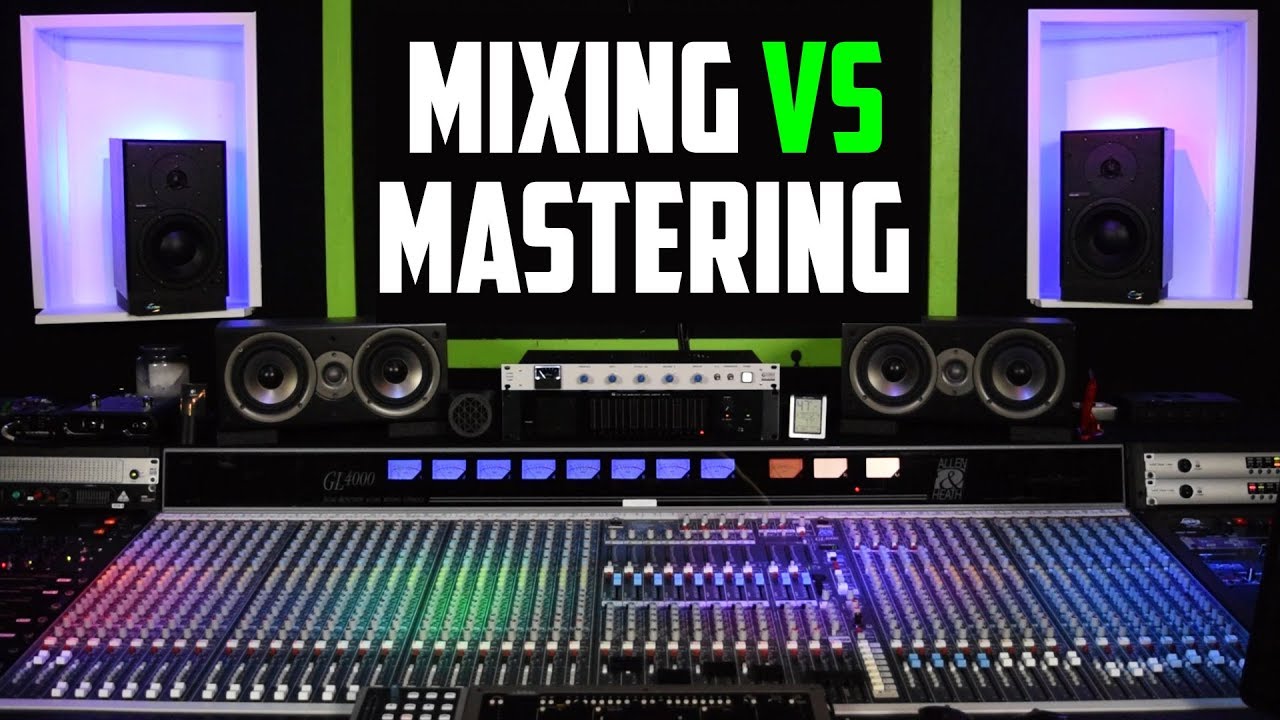When it comes to music production, mixing and mastering are essential steps. Mixing mixes multiple tracks into one stereo track, while mastering enhances the track for maximum loudness and minimum distortion. The end result is a finished product that is ready for distribution. However, mixing and mastering can be challenging and time-consuming tasks. It is best to seek professional help if you are not confident in your mixing skills.
Mixing engineers work with tens or hundreds of tracks to ensure balance. On the other hand, mastering engineers are typically working with a single stereo track, making sure that it sounds good on all playback systems. Mastering engineers use tools such as EQ, compressor, and limiters to ensure the best possible sound for every track.
The process of mixing and mastering can help add depth to a song and create an emotional response. It allows individual tracks to play together in harmony and minimizes subtle mistakes. It also improves the sound quality of the finished product so that it can be distributed for a variety of purposes. Lastly, mastering allows a recording to be broadcast on a variety of devices, including digital files. A mastering engineer also prepares the recording for release on CDs and vinyl cutting masters.
Mastering is an important step in the creative process for music production. It requires expert knowledge and a neutral listening environment to produce the best sound quality. In addition, the process is extremely costly, costing over a hundred thousand dollars for a single stereo channel. Not to mention the cost of high-quality studio monitors and acoustic treatment. Experienced engineers will tell you that the environment is just as important as the gear.
Generally, there are five steps to a music production, ranging from recording to mixing and mastering. Some music styles, such as electronic dance music, do not require a recording step, but instead skip this step altogether. The samples of electronic dance music, for instance, are digitized, and almost ready for mastering.
Mixing involves manipulating each track and adding audio effects. Mixing can also help make a track sound cohesive by reducing clashing sounds and accentuating certain moments. A mix engineer can also tweak the EQ of a track. If it is too loud, the engineer may reduce it or adjust the volume.
Mixing and mastering is a crucial step in the creation of a polished music release. To ensure the best results, you should hire the right expert. Check their experience, their accolades, and their past work before making a decision. You also need to consider the price. A good mastering service should be affordable and worth the money.
Quality mixing and mastering requires skilled engineers with experience. The cost of hiring a professional engineer can range from $150 to more than $1000 per track. However, it is possible to find a mix engineer for as little as $150-300.
























Comments (0)